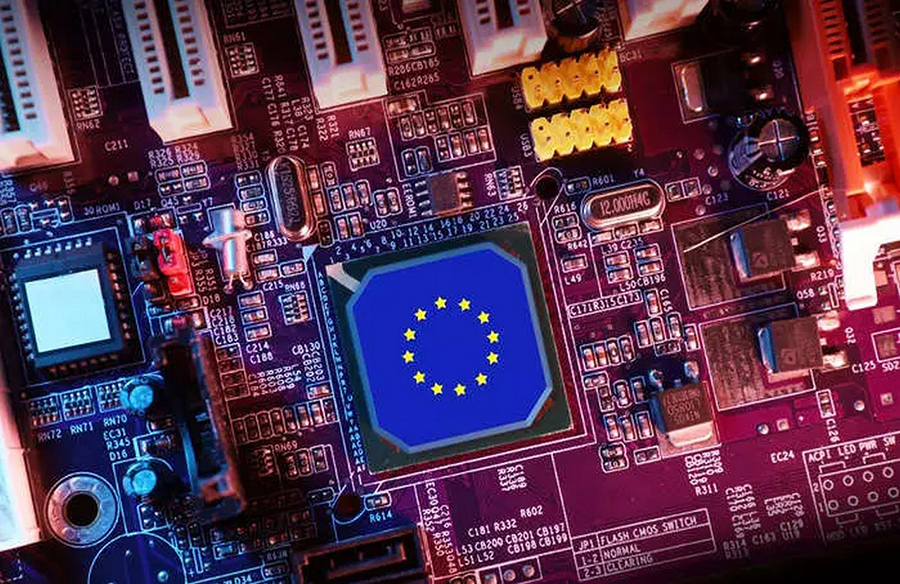Europe’s AI Regulation: An Overview

The European Union’s recent move to regulate artificial intelligence (AI) has sparked discussions about its potential impact and consequences. Let’s delve into the details of this regulatory framework and explore the various perspectives surrounding it.
Approval of the Artificial Intelligence Act
The European Parliament recently approved the Artificial Intelligence Act with an overwhelming majority. This act marks a significant step in regulating AI technologies to safeguard citizens from potential risks associated with their use.
Setting Global Standards
Thierry Breton, the European internal market commissioner, hailed the approval of the AI Act as a milestone that positions Europe as a global standard-setter in AI regulation. The goal is to strike a balance between regulation and innovation, ensuring that AI is used responsibly and ethically.
Categorization of AI Applications
One of the key aspects of the AI Act is the categorization of AI applications based on their level of risk. Applications deemed to cause unacceptable risks will face bans, while high-risk applications will be subject to specific legal requirements. The act also leaves some AI applications unregulated, falling into the third category.
Potential Challenges and Opportunities
While some experts view the AI Act as ambitious and a positive step towards responsible AI development, there are concerns about its potential impact on global competitiveness. Henry Ajder, an AI and deepfakes expert, cautioned that stringent regulations could lead to companies avoiding certain regions, affecting Europe’s competitiveness in the AI landscape.
Implementation Timeline and Compliance
The AI Act is expected to come into force in May, pending final checks. The implementation will be phased in over the next few years, with specific requirements for businesses operating in Europe. Companies are advised to start preparing for compliance to avoid penalties and ensure adherence to the new regulatory standards.
Conclusion
Europe’s AI regulation represents a proactive approach to address the ethical and societal implications of AI technologies. While it presents challenges in terms of global competitiveness and compliance, it also offers opportunities for responsible AI development and transparency in AI applications. The coming months will shed more light on the practical implications of the AI Act for businesses and stakeholders in the AI ecosystem.












